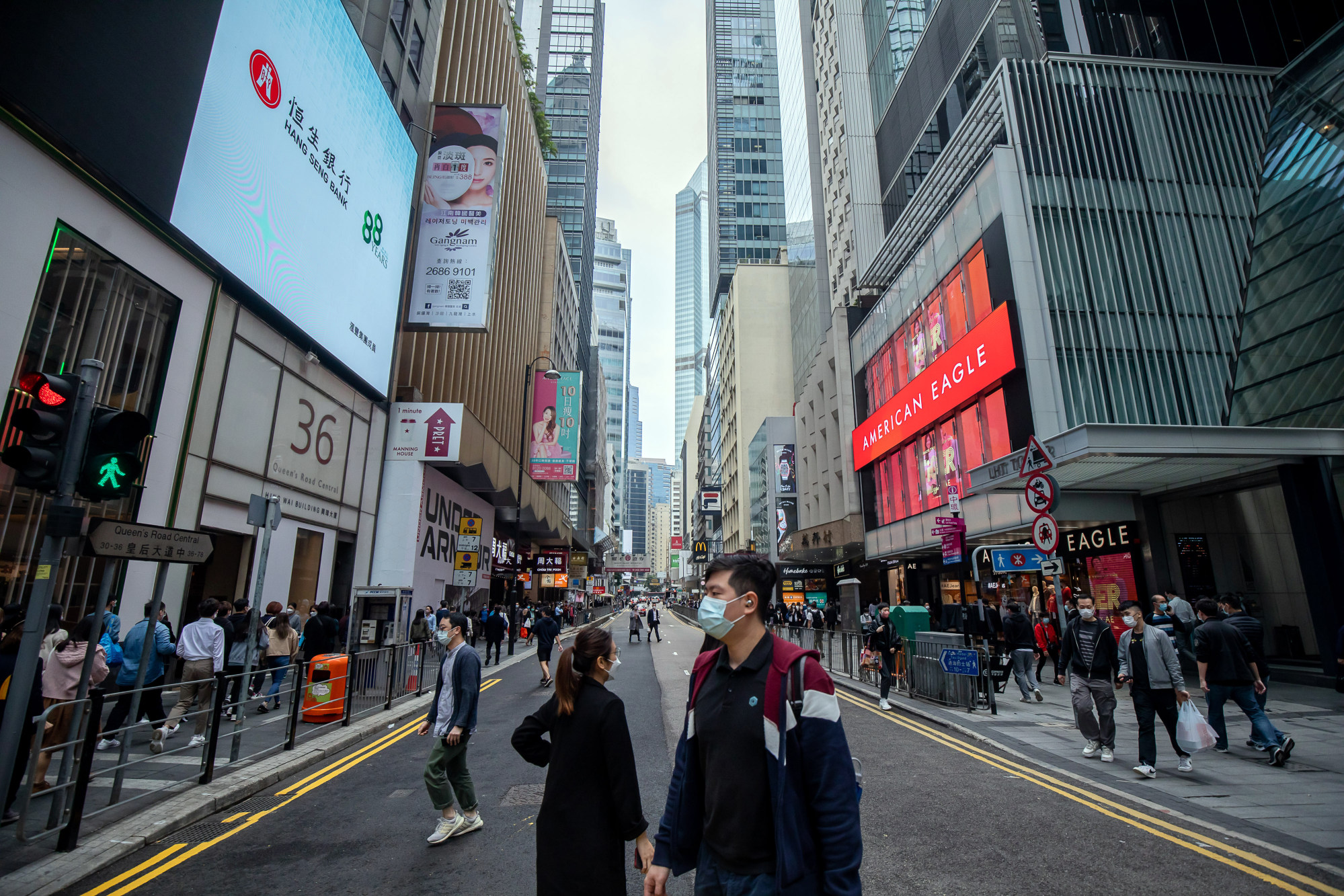
Rich and under 40: growing rank of multimillionaires bodes well for digital ownership of property, Knight Frank report says
- In Hong Kong, the pool of ultra high-net-worth individuals expanded by 11 per cent to 7,593 in 2021; some 30 per cent of them were under 40
- Knight Frank expects that to increase by 26 per cent in Hong Kong and 42 per cent in mainland China by 2026
The pool of so-called ultra high-net-worth individuals (UHNWIs) in the city grew 11 per cent to 7,593, of which 30 per cent were under 40, the property consultancy said in its Wealth Report published on Tuesday.
Globally, the size increased by 9.3 per cent to 610,568 with people below 40 making up a fifth of them. The number in China increased by 6 per cent in 2021 to 93,854, with 29 per cent of them below 40.

“Digital real estate will become just as important as physical assets over the next decade,” the report cited Julie Gauthier, investment director of Stonehage Fleming, as saying. “We have seen a big increase in real estate developers looking at tokenising properties and allowing investors to invest in those tokens,” he added.
The growth in Hong Kong’s multimillionaire population in 2021 was faster than in France, Japan and mainland China, matched the pace in the UK but trailed the 13 per cent increase in the US, the Knight Frank report showed.
In Hong Kong, the younger generation of UHNWIs usually has a strong sense of entrepreneurship, according to Martin Wong, director of research and consultancy for Greater China at Knight Frank.
They have a balanced mix of traditional blue-chip assets such as properties, stocks and watches, and emerging asset classes such as cryptocurrencies, digital arts and lifestyle commodities, Wong added.
The Knight Frank report included an investment attitude survey with over 600 private bankers, wealth advisers, intermediaries and family offices overseeing more than US$3.5 trillion of wealth for UHNWI clients.
Besides interest in digital ownership of property, Knight Frank said the multimillionaires are keen to hold assets across different geographies. On average, they kept 27 per cent of their investible wealth in real estate, according to the report.
“They are increasingly looking for homes overseas, a plan B and/or a second passport,” Sheldon Halcrow, an executive partner of Caleo Capital, said in the report.
From 2021 to 2026, Knight Frank expects the number of UHNWIs to increase by 26 per cent in Hong Kong and 42 per cent in mainland China.
Private capital investment into commercial real estate is expected to beat last year’s record inflows of US$405 billion despite the pandemic and economic uncertainty, the report said. That is a 52 per cent jump over 2020, and 38 per cent above the five-year pre-pandemic average.


